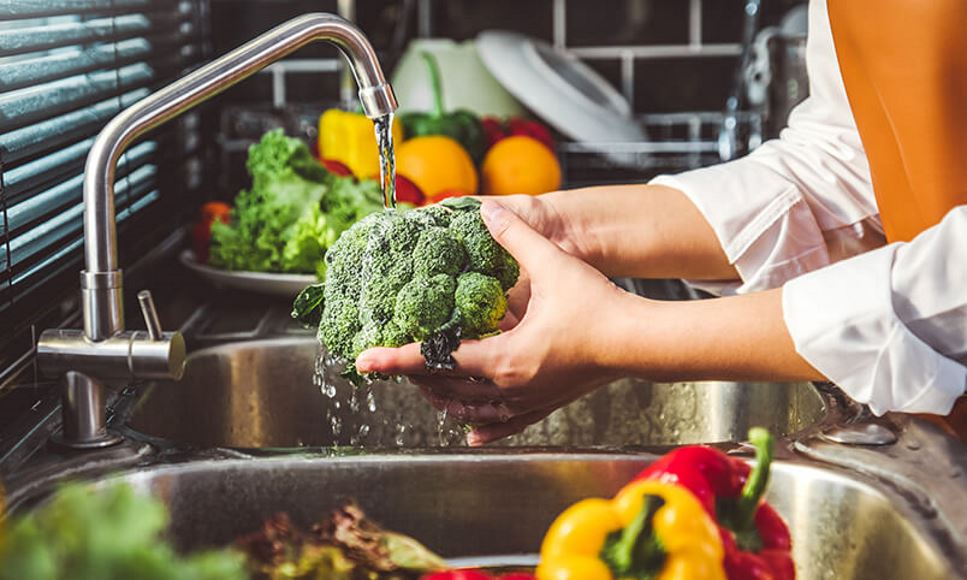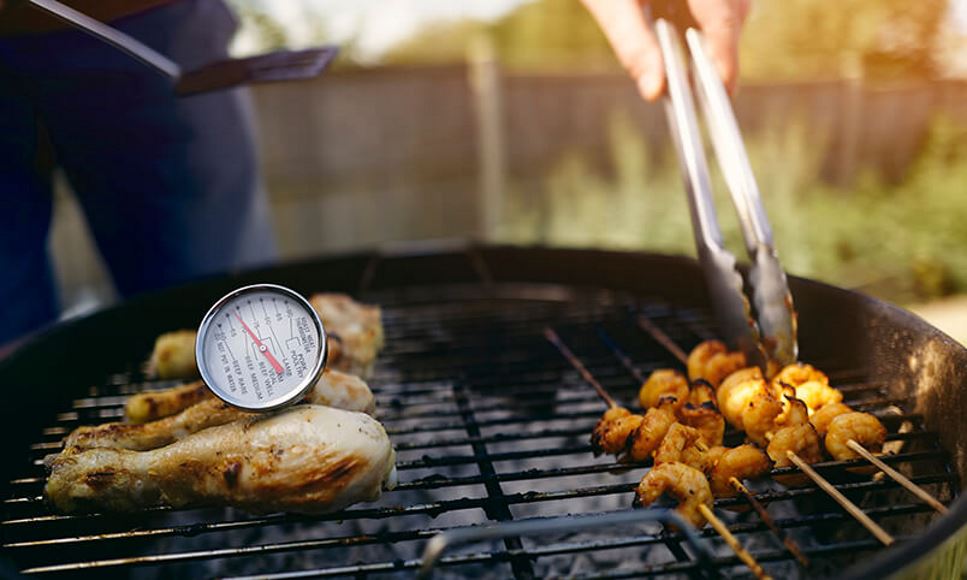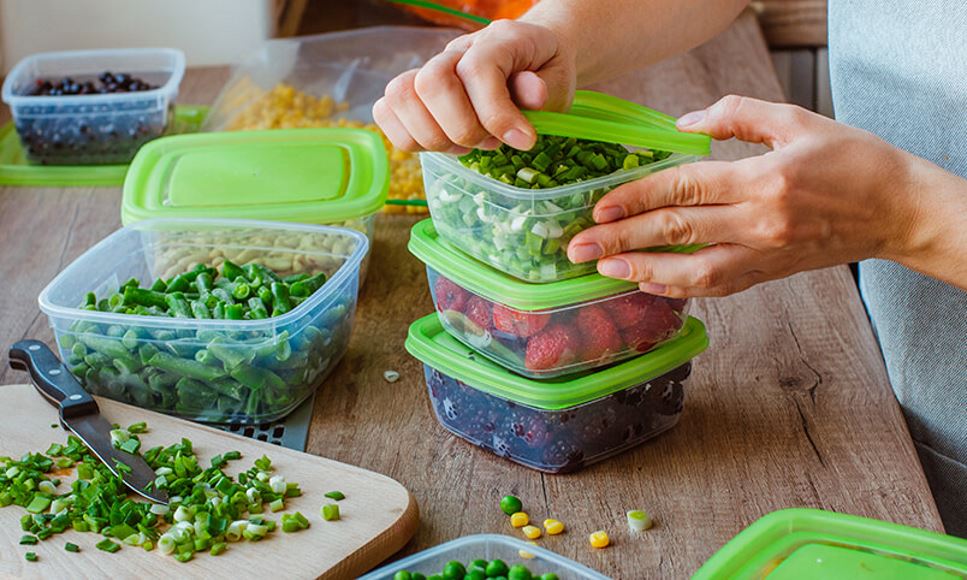
Wash and Separate Foods
Should you wash raw chicken? What is cross contamination? Get answers to common food safety questions.
Learn About
Food safety basics include washing, separating, safely cooking and properly storing foods to reduce the risk of food poisoning.




Looking for credible nutrition information and recommendations? The Academy of Nutrition and Dietetics' network of credentialed food and nutrition practitioners are ready to help!